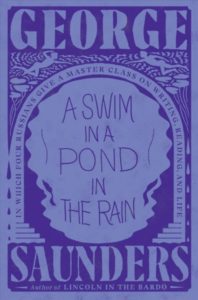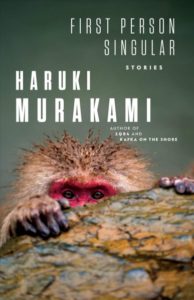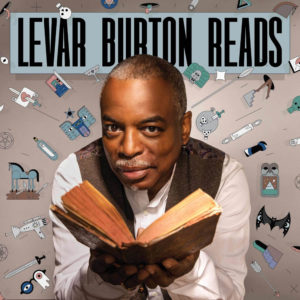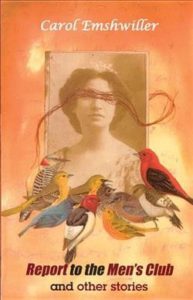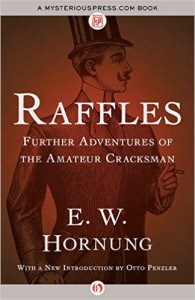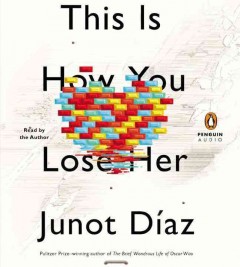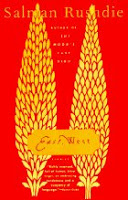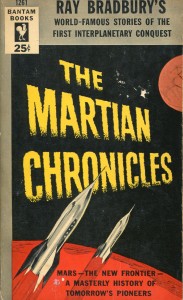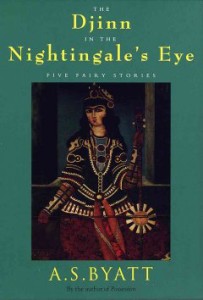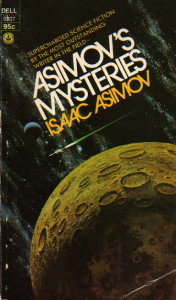Flights by Olga Tokarczuk. [Book]
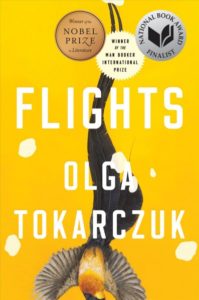
view/request
If you are looking for a vacation read that is thought provoking, beautifully written, and exciting, I recommend Flights by Olga Tokarczuk.
Olga Tokarczuk is the first Polish woman to win the Nobel Prize for literature, and perhaps the most internationally beloved living Polish writer. Her books are always full of eccentric characters and rich prose.
Flights takes the form of what Tokarczuk calls a “Constellation Novel” — a disciple of Jung, she strings together vignettes, short stories, and essays (some only one sentence long) loosely associated as she creates a psychological portrait of her narrator.
The book is a meditation on travel, and on the psychology of people in states of motion. (The original Polish title, Bieguni, [lit. “runners”] refers to a sect of the Old Believers who believe that constant motion is a way to avoid evil.)
The structure of the book itself is designed for a travelling reader — the small vignettes make it easy to pick up and put down, for example when going between a plane and an airport terminal, without sacrificing the literary quality. You will meet a 17th century Dutch Anatomist who discovers the Achilles tendon in an unexpected way, a woman returning to her native Poland to poison her childhood sweetheart, A wife and child who disappear from their husband to return weeks later with no explanation, and academics who give lectures at airline gates to captive audiences.
This is an extraordinary book, in an excellent translation, that I expect I will return to again in moments of travel through life.
I also enjoyed Tokarczuk’s mystery novel Drive Your Plow Over The Bones Of The Dead, although that one is better read in winter, and I look forward to reading her recently translated magnum opus, The Book of Jacob, an epic novel of the Frankist movement in Poland, but at 912 pages it may be slightly too large to fit into your beach bag.
Let me know what you think of Flights, and happy summer reading everyone!
I will leave you with one of my favorite quotes from Flights:
“This is why tyrants of all stripes, infernal servants, have such deep-seated hatred for the nomads — this is why they persecute the Gypsies and the Jews, and why they force all free peoples to settle, assigning the addresses that serve as our sentences.
What they want is to create a frozen order, to falsify time’s passage. They want for the days to repeat themselves, unchanging, they want to build a big machine where every creature will be forced to take its place and carry out false actions. Institutions and offices, stamps, newsletters, a hierarchy, and ranks, degrees, applications and rejections, passports, numbers, cards, elections results, sales and amassing points, collecting, exchanging some things for others.
What they want is to pin down the world with the aid of barcodes, labeling all things, letting it be known that everything is a commodity, that this is how much it will cost you. Let this new foreign language be illegible to humans, let it be read exclusively by automatons, machines. That way by night, in their great underground shops, they can organize reading of their own barcoded poetry.
Move. Get going. Blessed is he who leaves.”

